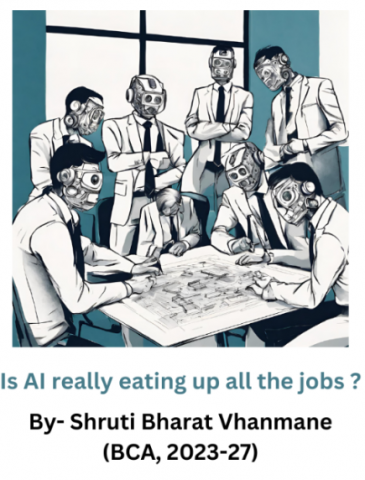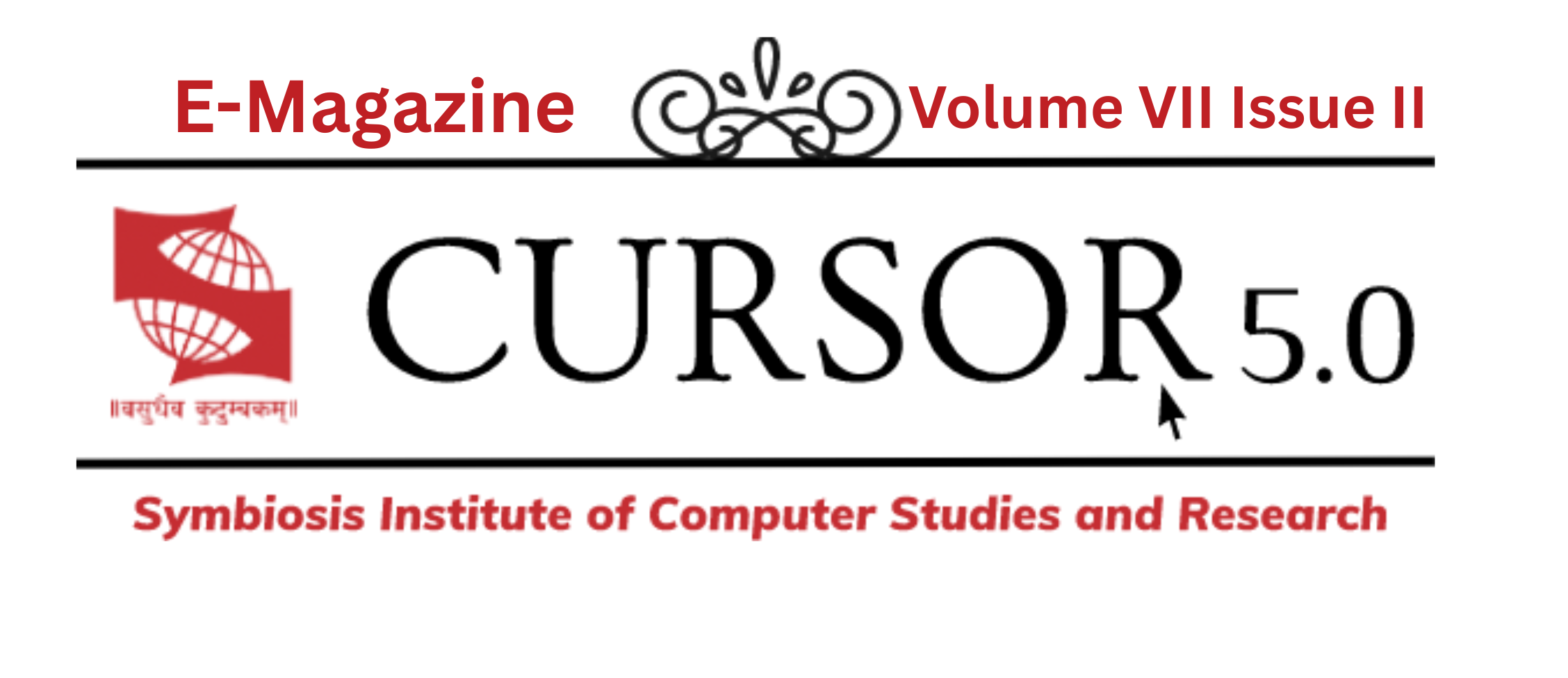
While the fear of AI "eating up" all jobs is not unfounded, it is crucial to recognize the multifaceted nature of this phenomenon. Rather than viewing AI as a threat, society should focus on fostering a workforce equipped with the skills necessary to thrive in a technologically advanced world. Policymakers, educators, and businesses play a vital role in ensuring that the benefits of AI are harnessed responsibly, mitigating the negative consequences and creating a future where humans and AI coexist synergistically. Ultimately, the impact of AI on employment depends on how society adapts to and manages the ongoing technological revolution.
As artificial intelligence (AI) continues to reshape industries and redefine the nature of work, concerns about job displacement are prevalent. However, there exist certain jobs that, due to their intrinsically human nature and complexity, are less susceptible to automation. In this essay, we will explore the characteristics that make certain professions resistant to AI displacement and highlight the enduring value of the unique skills and qualities that humans bring to the workforce.
Throughout history, technological advancements have consistently reshaped the nature of work. From the Industrial Revolution to the digital age, each era brought about changes in employment patterns, often leading to the emergence of new job categories while rendering certain tasks obsolete. The introduction of AI represents the latest chapter in this ongoing evolution.
Challenges Posed by AI in Employment:
- Job Displacement: One of the primary concerns surrounding AI is the potential displacement of certain jobs. Automation and machine learning can efficiently perform routine, repetitive tasks, leading to a decrease in demand for low-skilled jobs in manufacturing, data entry, and customer service.
- Skills Mismatch: The rapid pace of technological innovation can create a skills gap, leaving some workers ill-equipped for the jobs of the future. This mismatch between existing skills and the requirements of AI-driven industries may result in unemployment or underemployment.
- Unequal Impact: The impact of AI on employment is not uniform across sectors and regions. While some industries may experience job losses, others may see job creation and increased productivity. This non-uniformity can contribute to economic disparities and social challenges.
While AI excels at automating routine and repetitive tasks, it encounters challenges when confronted with tasks requiring emotional intelligence, creativity, critical thinking, and complex social interactions. These inherent limitations create a distinct realm of employment opportunities that are less likely to be replaced by AI.
Jobs Resistant to AI Displacement:
- Creative Professions: Occupations that involve creativity, innovation, and artistic expression are less susceptible to automation. Whether it be writing novels, composing music, or creating visual art, the ability to generate original and emotionally resonant content remains a uniquely human trait.
- Human-Centric Professions: Jobs that necessitate a deep understanding of human emotions and interpersonal relationships, such as counselors, therapists, and social workers, are challenging for AI to replicate. Empathy, compassion, and the ability to navigate complex human experiences are integral components of these roles.
- Critical Thinking and Decision-Making Roles:Professions that require nuanced decision-making, strategic planning, and critical thinking are less likely to be automated. High-level problem-solving, strategic management, and complex decision-making involve a combination of cognitive skills and emotional intelligence that AI currently struggles to emulate.
- Skilled Trades and Craftsmanship: Occupations in skilled trades, craftsmanship, and artisanal work involve a level of precision, creativity, and adaptability that AI struggles to achieve. The intricate and dynamic nature of tasks such as carpentry, plumbing, and craftsmanship demands a hands-on, human touch.
- Healthcare and Personal Care: Jobs in healthcare, especially those involving patient care, require empathy, understanding, and the ability to respond to the unique needs of individuals. While AI can assist in diagnostics and data analysis, the human element in caregiving remains irreplaceable.
The jobs that are less susceptible to AI displacement underscore the enduring value of uniquely human skills. Emotional intelligence, creativity, adaptability, and the ability to navigate complex social interactions are qualities that contribute to the richness of the human experience and remain essential in many professional domains.
By Shruti Bharat Vhanmane (BCA, 2023-27)



